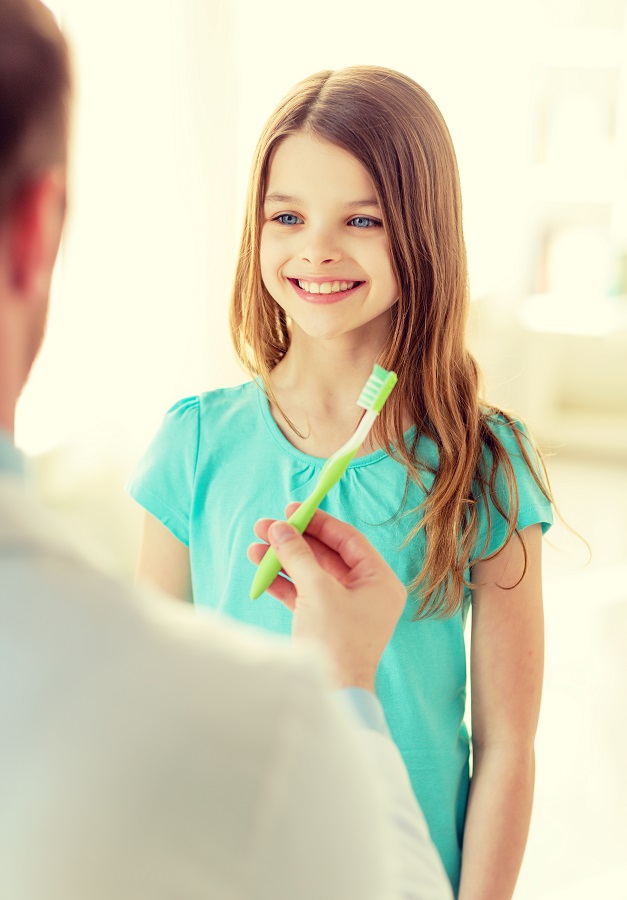They say that fitness is not a destination but a journey, and the same is true of oral care. We all know how important it is, and we should start taking care of our teeth from the very beginning of our lives. You know to go see a dentist Newport Beach, but what about babies who aren’t yet able to take care of themselves?
A Mother’s Responsibility
The truth is, a mother should start caring for her child’s oral health before she even gives birth. Baby teeth begin to form before a child is born, so if you’re a pregnant woman or you suspect you’re pregnant, eat a diet that’s both nutritious and balanced. Get lots of vitamins and minerals, and also have a complete dental exam yourself. Germs that cause gum disease or cavities can get into the bloodstream and hurt the fetus, and you want to avoid that.
A Child’s First Dental Exam
At about six months old, a dentist should be able to look at an infant and see whether they’re likely to have dental problems in the future. This will be based partly on the mother’s dental history, and partly by what they see in the child. Your dentist will diagnose any disease or developmental problem, and steps will be taken to treat it. Assuming that the infant’s teeth are healthy, basic oral care should continue as the child grows.
Early Oral Care
Children should have good oral health habits even before permanent teeth come in. Use a soft cloth to clean any food from your baby’s gums after feeding. This should start soon after birth, and continue until the first teeth come in. Do not share utensils such as spoons or forks with a baby. They may contain bacteria and can cause tooth decay if the adult’s oral hygiene is questionable. Also, do not put your infant or young child to bed with a bottle of juice, milk, or formula. These all contain sugar and can cause tooth decay if left in the child’s mouth for extended periods of time. Instead, remove the bottle as soon as you’ve fed the child.
All of this might seem a little overwhelming, but if you discuss these practices with your dentist, they can answer any other questions you may have. If good oral hygiene is practiced early, there’s a much better chance that it will continue on later into life. Your child is certain to thank you for it later.
